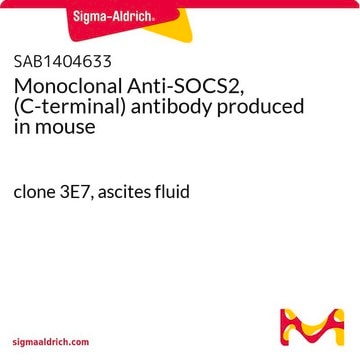764604
Polyethylenimine, linear
average Mn 2100, PDI <1.3
Synonym(s):
PEI
About This Item
Recommended Products
form
liquid
Quality Level
mol wt
average Mn 2100
mp
59-64 °C
transition temp
Tm 59-64 °C
PDI
<1.3
storage temp.
2-8°C
InChI
1S/C2H5N/c1-2-3-1/h3H,1-2H2
InChI key
NOWKCMXCCJGMRR-UHFFFAOYSA-N
Looking for similar products? Visit Product Comparison Guide
General description
Application
- Water-soluble linear poly (ethylenimine) as a superior bifunctional binder for lithium–sulfur batteries: Demonstrates the utility of water-soluble linear polyethylenimine as an effective bifunctional binder that enhances the cycle stability and efficiency of lithium-sulfur batteries, pivotal for advancing battery technology (Liao et al., 2018).
Signal Word
Danger
Hazard Statements
Precautionary Statements
Hazard Classifications
Acute Tox. 4 Oral - Aquatic Chronic 2 - Eye Dam. 1 - Skin Sens. 1
Storage Class Code
10 - Combustible liquids
WGK
WGK 3
Flash Point(F)
Not applicable
Flash Point(C)
Not applicable
Choose from one of the most recent versions:
Already Own This Product?
Find documentation for the products that you have recently purchased in the Document Library.
Customers Also Viewed
Articles
This review will focus on the sub-sector of drug delivery concerning the delivery of nucleic acids, with a particular focus on poly(ethyleneimine).
Gene therapy has become one of the most discussed techniques in biomedical research in recent years.
Professor Yoshiki Katayama (Kyushu University, Japan) discusses recent advances in drug delivery systems and strategies that exploit the EPR effect, with a special focus on stimuli-responsive systems based on novel materials.
CRISPR/Cas9 delivery via nonviral nanoparticles shows promising advancements for gene editing in disease treatment.
Our team of scientists has experience in all areas of research including Life Science, Material Science, Chemical Synthesis, Chromatography, Analytical and many others.
Contact Technical Service











